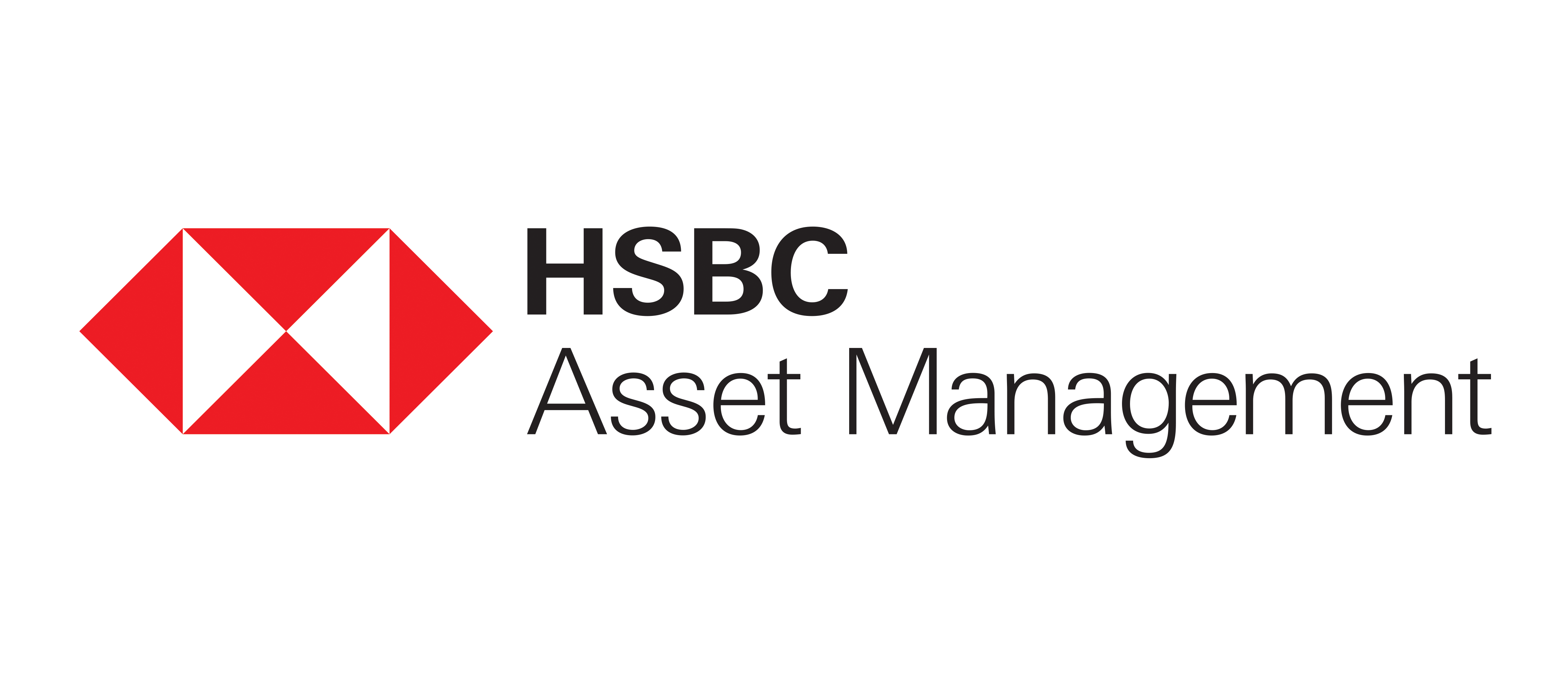Why you should have International investments in your Mutual Fund Portfolio

Most retail investors in India invest only in domestic equity, hybrid or debt funds. However, interest in international investments has been growing in the recent past. As per AMFI data, total AUM in Fund-of-Funds Overseas was only Rs 2,734 Crores as on 31st March 2020. In the last one year ending 31st March 2021, AUM in Fund-of-Funds Overseas rose to Rs 12,408 Crores, almost a five-fold jump in assets (Source: AMFI, as on 31st March 2021). In this blog post, we will discuss why you should have international investments in your MF Portfolio.
Benefits of international diversification
- Diversify single country risk: Diversified equity mutual funds diversify stock or other specific risks, but if you are investing only in domestic equities, then you are exposed to single country risk. Most investors tend to ignore single country risk because the country in question is their home country. But informed investors should take cognizance of this risk when building their mutual fund portfolio. Country risk can manifest in various forms e.g. natural calamities or disasters (weather or health related), or geo-political crisis (e.g. threat of war).
- Diversify currency risk: While currency risk (exchange rate risk) is also a factor in country risk, we think it deserves special mention. While currency risk may not directly impact you, if your spending is in domestic currency, it will impact investors who may have to / plan to spend in foreign currency (e.g. children’s overseas education, foreign vacation etc). Currency risk can also impact you indirectly in terms of higher inflation. Through international diversification, you can also take advantage of foreign exchange risk but we will discuss it later.
- Exposure to different investment themes: International investments can give you exposure to mega-trends that are not yet available in Indian stock market. The Indian stock market is still dominated by traditional industry sectors e.g. banking and finance, oil and gas, IT outsourcing / consultancy, FMCG, Pharma, automobile, cement etc. However, in developed markets technology centric companies are market leaders. The Top 5 companies by market capitalization in S&P 500 index (the index of the largest 500 companies in the US) are all technology companies e.g. Apple, Microsoft, Amazon, Alphabet (Google) and Facebook (source: S&P Global, as on 7th May 2021). Popular themes which are emerging across the globe are robotic and artificial intelligence, electric vehicle, cyber security, cloud computing, e-commerce, social media etc. These themes are not yet present in Indian stock market.
- Provide stability to your portfolio: There is low correlation of returns of different markets. Investing in global equities can diversify risk considerably and bring stability to your portfolio. The chart below shows the returns of MSCI India Index and MSCI World Index in constant currency terms (US Dollars) over the last 11 years (since 2010). You can see that, in 9 out of the last 11 years, there was considerable divergence in performance of MSCI India Index (USD) and MSCI World Index (USD).
It is not as if India underperformed - in fact, India outperformed MSCI World Index in 5 out of the last 11 years (ending 31st December 2020). However, in most years when India underperformed on a relative basis, MSCI World Index outperformed significantly (again on relative basis). A portfolio comprising of both domestic and international equities can bring stability and also have the potential to generate returns.
![Returns of MSCI India Index and MSCI World Index in constant currency terms (US Dollars) over the last 11 years Returns of MSCI India Index and MSCI World Index in constant currency terms (US Dollars) over the last 11 years]()
Source: MSCI India Index (USD), MSCI World Index (as on 31st December 2020). Disclaimer: Past performance may or may not be sustained in the future.
- Benefit from currency movements: Diversification into global equities can not only hedge currency risks, it can also result in foreign exchange gains from Indian Rupee (INR) depreciation against US Dollar (USD) or other foreign currencies.Over the last 10 years (ending 31st March 2021), the INR depreciated at a compounded annual growth rate (CAGR) of 5.9% versus the USD (source: Investing.com, Period: 1st April 2011 to 31st March 2021). INR depreciation alone would have contributed a significant portion of returns from international investments.
Risks of international investments
While international investments have its advantages, investors must also understand the risk factors so that they can make informed investment decisions.
- Country risk: Just like domestic equities carry country risk, equities of a foreign country also carry country risks specific to that country. Risks in emerging markets are usually higher than developed markets. Investors must take into cognizance the risk factors and build their equity portfolio comprising of domestic and international equities according to their risk appetite.
- Currency risk: Currency risk can work both ways. While international investments can give higher returns if the domestic currency (INR) depreciates against the foreign currency (e.g. USD), the opposite effect will be seen, if the domestic currency appreciates against the foreign currency. You should understand currency risks and invest according to your investment needs and risk appetite.
- Knowledge of international markets: International investments require knowledge of international markets and themes / sectors which may not be there in India. Even domestic fund managers may not have the skills required to invest in international equities. Investors may consider availing the expertise of global asset managers, who have local market presence and knowledge of investing in international markets. Investors should also understand the product they are investing in and consult with their financial advisors.
How to invest in international equities
Mutual funds offer solutions for investors who want exposure to international equities without having to go through a foreign broker. There are Exchange Traded Funds (ETFs) which invest in international equities, however, the more popular solution, which also provides wider choice of investments, is Mutual Fund Fund-of-Funds investing in international equities. You should consult with your financial advisors to know more about such funds.
Conclusion
There are several factors to consider in international investments:-
- Asset allocation: Investors can consider international equity as an asset class along with domestic equity, debt and gold. Asset allocation should be done according to the investor’s risk appetite and financial needs.
- Taxation: Unlike domestic equity funds, foreign funds (Fund-of-Funds) are taxed as debt funds. Short term capital gains (investing holding period of less than 3 years) are taxed as per the income tax rate of the investors and Long-term capital gains are taxed at 20% after allowing for indexation benefits. You should take taxation into consideration to make informed investment decisions.
- Track record of fund manager: As mentioned earlier, international investments require considerable expertise. Most international funds are structured as Fund-of-Funds. Investors should check the long term performance track record of the underlying / feeder fund. You can find performance related information of the underlying / feeder fund in the Scheme Information Document.
Issued as an investor education initiative by HSBC Mutual Fund.
Mutual Fund Investments are subject to market risk, read all scheme related documents carefully.
We are a global asset manager with a strong heritage of successfully connecting our clients to global investment opportunities.
Our proven expertise in connecting the developed and developing world allows us to unlock sustainable investment opportunities for investors in all regions. Through a long-term commitment to our clients and a structured and disciplined investment approach, we deliver solutions to support their financial ambitions.
Other Links
POST A QUERY






